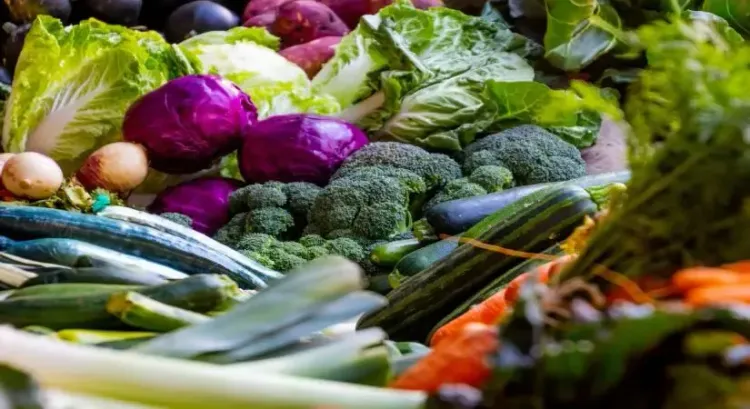Can a healthy childhood diet delay menstrual onset in girls?

Synopsis
Key Takeaways
- A diet rich in vegetables, legumes, and whole grains can delay menstruation.
- Early menstruation is linked to serious health risks.
- The study emphasizes the need for healthy meal options for children.
- Findings are independent of BMI and height.
- Dietary choices in childhood can impact long-term health.
New Delhi, May 8 (NationPress) A study reveals that consuming a diet abundant in vegetables, legumes, and whole grains during childhood can postpone the onset of menstruation in girls. These findings, published in the journal Human Reproduction, indicate that the girls' body mass index (BMI) and height do not influence the timing of their first period.
This research has significant implications for long-term health, as early menstruation has been linked to a higher risk of diabetes, obesity, breast cancer, and cardiovascular diseases.
“Our findings underscore the necessity for children and adolescents to have access to nutritious meal options, emphasizing the role of school-based breakfasts and lunches being grounded in evidence-based guidelines,” stated Holly Harris, Associate Professor at the Fred Hutchinson Cancer Center in Seattle, US.
The research is derived from a large prospective study involving over 7,500 children aged 9 to 14.
Researchers evaluated the girls' diets against two recognized dietary frameworks: the Alternative Healthy Eating Index (AHEI) and the Empirical Dietary Inflammatory Pattern (EDIP).
The AHEI assigns more points to healthier options like vegetables, legumes, and whole grains, while unhealthy items such as red and processed meats, trans fats, and salt receive fewer points.
The EDIP assesses diets based on their potential to cause inflammation within the body.
Foods associated with heightened inflammation include red and processed meat, organ meats, refined grains, and high-energy beverages.
“We found that these dietary patterns correlate with the age of menarche, suggesting that a healthier diet is linked to a later onset of menstruation. Notably, these results were independent of BMI and height, reinforcing the significance of a nutritious diet regardless of body size,” Harris remarked.
The research team posits that the types of food consumed by girls during their childhood and adolescence, and its effect on inflammation, could be what determines the timing of menarche, rather than their height and BMI.









